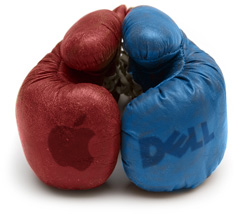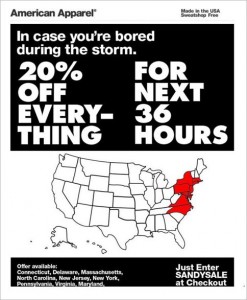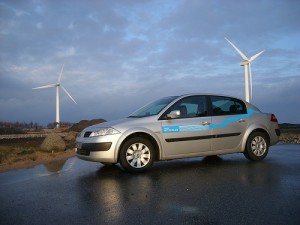It is not necessary for a firm to have an immensely profound idea or an exceptional amount of start up cash in order to be successful. Sao Paulo, Brazil is proving this with the companies involved in their grain production.
Brazilian grain producers face a situation in which they can become greatly profitable merely because of a fortunate situation that has been bestowed upon them. An abundance of land capital and overwhelming need for their product has allowed corn exports to the US skyrocket from $0 in 2010 to $10 million as of now. Drought has left the states with shortages in many farmed products and an increase in the price of that which was produced.
This situation has made it economically viable for the US to fund processes that directly relate to production of cotton and other farmed products in Brazil.
Although Brazil got a late start in this industry, it has surpassed any possible barriers of entry and shows no sign of curbing its economic gains any time soon. With the immense benefits that the United States receives from Brazilian farming and the vast amount of land Brazil has for expansion it would appear that this industry has been permanently infiltrated by a serious competitor.
http://www.washingtonpost.com/business/economy/in-sign-of-growing-clout-brazils-corn-helps-hold-up-us-market/2012/11/18/3f1c8e0e-2ce3-11e2-89d4-040http:
//www.worldcrunch.com/business-finance/weak-infrastructure-strikes-and-spotty-logistics-choke-brazil-039-s-agriculture-boom/brazil-soy-bean-farming-agriculture-production-silo-infrastructure-grain/c2s9350/#.UKoGYYYa2igc9330702a_story.html





